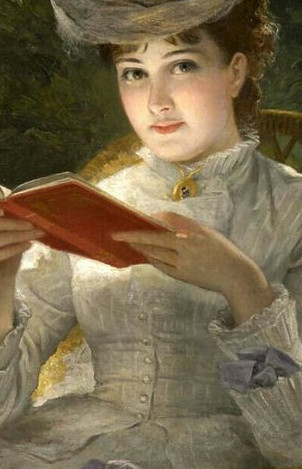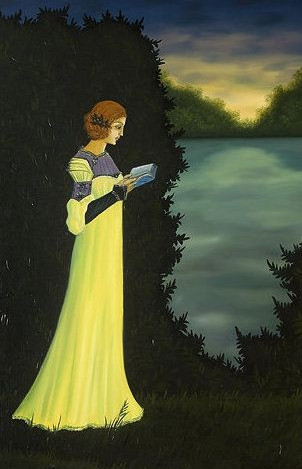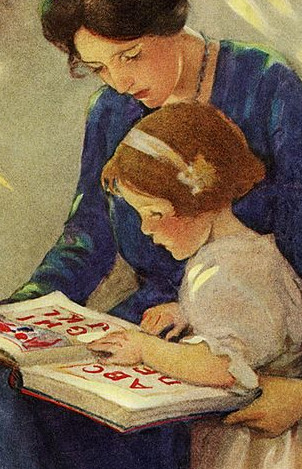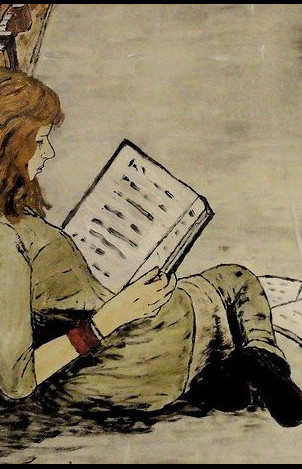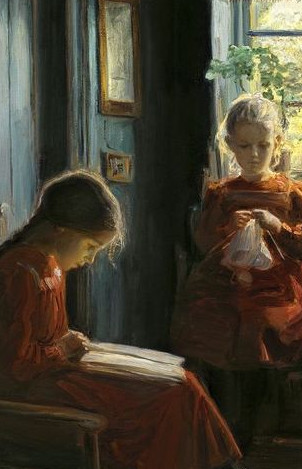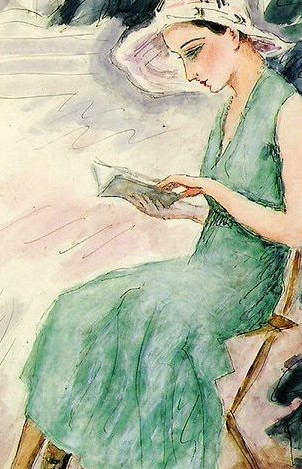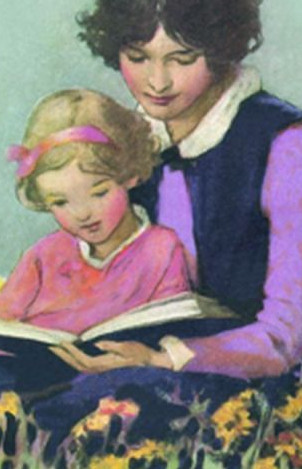Literacy Blogs
- All
- 3-cueing
- academic learning time
- academic vocabulary
- accommodations
- accountability testing
- Active View of Reading
- adolescent literacy
- afterschool programs
- alphabet
- amount of instruction
- amount of reading
- argument
- assessment
- auding
- author awareness
- automaticity
- balanced literacy
- beginning reading
- Book Buddies
- Book Flood
- challenging text
- classroom organization
- close reading
- coaching
- cohesion
- Common Core State Standards
- complex text
- comprehension strategies
- content area reading
- context analysis
- curriculum materials
- Daily 5
- decoding
- departmentalization
- DIBELS
- dictionary skills
- digital texts
- disciplinary literacy
- dyslexia
- early interventions
- effective teachers
- Emily Hanford
- executive function
- family literacy
- fingerpoint reading
- foundational skills
- graphic novels
- guided reading
- heterogeneous grouping of students
- homework
- improving reading achievement
- independent reading
- independent reading level
- informal reading inventories
- informational texts
- instructional level
- invented spelling
- jigsaw instruction
- knowledge
- leadership
- learning disabilities
- Lexiles
- linguistic comprehension
- listening comprehension
- literacy charities
- literacy policy
- literary interpretation
- main idea
- morphology
- motivation
- narrative text
- National Early Literacy Panel
- nonsense words
- oral language
- oral reading fluency
- paraphrasing
- Pause, Prompt, Praise (3P)
- personalized learning
- phonemes
- phonemic awareness
- phonics
- press and media
- principals
- prosody
- Readers' Workshop
- reading comprehension
- reading disabilities
- reading intervention
- reading levels
- reading models
- Reading Recovery
- reading research
- reading skills
- reading strategies
- reading to children
- reading wars
- reading-writing relations
- remedial reading
- rereading
- Response to Intervention
- Scarborough's Rope
- science of reading
- seatwork
- semantics
- sentence comprehension
- sequence of instruction
- set for consistency
- set for variability
- shared reading
- shared reading
- sight vocabulary
- simple view of reading
- Simple View of Reading
- small group instruction
- social studies
- sound walls
- Special Education
- speech-to-print phonics
- spelling
- stamina
- summarizing
- Sustained Silent Reading
- syllabication
- syntax
- syntax
- testing
- text complexity
- text interpretation
- text reading fluency
- text structure
- theme
- think-pair-share
- trauma
- visualization
- vocabulary
- word walls
- writing
- zone of proximal development (ZPD)
Should We Teach Letter Names?
Blast from the Past: This blog first posted only a little over a year ago. However, it raised such a debate that I thought it wise to re-post at the start of the new school year. It would seem that nothing would be so agreeable as the teaching of ABCs to new readers, but that is certainly not the case. Not only are there ardent (and at times strident) opponents to teaching letter names, but even those who champion the practice rarely articulate an explanation for why we should do it that way. See what you think. Teacher question: Should we teach letter names or letter sounds to ...
Implementing Higher Literacy Standards or Putting on a Show?
Back in the 1930s, Judy Garland and Mickey Rooney always seemed to be putting on a show. They were going to be sent to a farm to work for the summer in Babes in Arms, but they wanted to go to Broadway instead – and they did! I love that whole idea of Judy and Mickey with their teenage backs to the wall, singing and dancing their way to success (and into our hearts). Younger folks might prefer a more recent analogy—like Footloose—but then I’d have to be a younger blogger who is less than 6-degrees of separation from Kevin Bacon. I’m not the only one who appreciates ...
Synthetic Phonics or Systematic Phonics? What Does Research Really Say?
It happened again this week. Awhile back I was a member of the National Reading Panel (NRP) that reviewed instructional research on the teaching of reading at the request of the U.S. Congress. One of my roles was to serve on the “alphabetics committee” that reviewed the research on phonemic awareness and phonics instruction. Since then it has happened numerous times, like it did this week. Some self-proclaimed phonics authority attributes findings to the NRP that we didn’t actually find (usually because they didn’t actually read it). The one this week has been one of the more frequent misclaims. He claimed that the NRP found synthetic phonics instruction to be more effective than ...
My first-graders aren’t producing much writing? Help!
Teacher question: I’ve collected some data on first-grade writing. I developed a plan for getting 6-year-olds to write arguments and I have a rubric designed to allow me to figure out how well my supports help them to write effective arguments (evaluating whether they took a clear position on the topic, and how much evidence they used). I tried it out and gave the kids plenty of time but was surprised to find that they didn’t write much; I’m having trouble evaluating the quality of this writing given how few words they produced. Any ideas on how to better evaluate the impact of what I did? Shanahan’s response: The specifics of ...
Who Should Teach Disciplinary Literacy and Should We Integrate the Curriculum?
Teacher question: My question is about disciplinary literacy. Should we be guiding teachers to integrate social studies or science and ELA or having our ELA teachers teaching disciplinary literacy for these subjects? Our curriculum focuses on overarching concepts and essential questions. Shanahan response: You raise two separate issues here: curriculum integration and who has responsibility for the disciplinary literacy standards. Let me take them one at a time. I don’t oppose integrating social studies or science and literature, but I’m definitely cautious about such combinations. We want our students to develop a clear appreciation of what literature is, how it’s read, what it brings to the table, and so on. We ...
Should We "Platoon" Reading Instruction
Teacher question: We are trying to raise our third-grade reading scores. What do you think of “platooning” to help us meet that goal? Shanahan response: Platooning, or what in my time was called “departmentalization,” is apparently on the rise in America’s primary grades. Schools like yours are hungry to raise reading and math achievement, and this looks like an inexpensive way to do it. It costs nothing to have classrooms departmentalized rather than self-contained: it requires no additional teachers; there are no added professional development costs; there are no added textbook, computer, or other instructional materials costs; and many teachers love the idea of no longer being responsible for subjects that ...
What Should Small Group Reading Instruction Look Like?
Teacher question: I've been bringing my shared reading teaching into my small groups. The students read a text during shared reading and we spend time analyzing the text and really digging in—nuances of the language, comprehension of the text, vocabulary, and so on. From there we move into small groups where students answer standards-based questions about the text. My concern at this point is this: I find myself doing pretty much the same lesson in small groups for all the groups. Should I be doing this (answering standards-based questions) in the whole group instruction? Then what about small groups? What do they look like? Part of the difficulty I experience ...
Where Questioning Fits in Comprehension Instruction: Skills and Strategies Part II
Blast from the Past: This blog was first posted on May 28, 2018, and reposted on March 19, 2022. It didn't arouse a lot of comment originally, but recently I've been getting queries that suggest these issues are still out there. I want to emphasize the problem that I'm addressing isn't that teachers are asking comprehension questions (that is a good practice). But, the idea that certain kinds of questions will lead students to be better comprehenders is a fool's errand. Teachers need to get kids doing things that will allow them to think deeply about the content of rich ...
Comprehension Skills or Strategies: Is there a difference and does it matter?
Blast from the Past: This blog first posted May 19. 2018 and was re-posted on February 19, 2022. These days arguments over reading comprehension tend to pose strategy teaching against developing world knowledge. Accordingly, this piece may appear to be outdated. It is nothing of the kind. A claim often made by knowledge advocates is that strategy teaching is ineffective. That isn’t the case. The claim confuses strategies with skills. Strategies help, skills not so much. Strategy proponents shouldn’t take solace in this. Though strategies can improve reading comprehension, it’s important not to overdo it – don’t spend too much ...
How to Encourage Summer Reading: A Parent's Guide
Summer is almost upon us. The days are growing longer, the sun is higher in the sky, and soon school will be over for the year. Our children’s thoughts now turn to swimming, skateboards, baseball, and bike riding. Unfortunately, for far too many of kids, summer vacation is a time for forgetting. You’ve probably heard that “if you don’t use it, you’ll lose it.” That’s certainly true about reading. Kids who don’t read over the summer regress. Their hard-earned reading skills decline. Boys and girls who manage to keep the rust off their reading, don’t suffer a summer reading drop. By reading and writing throughout the summer, they may ...


